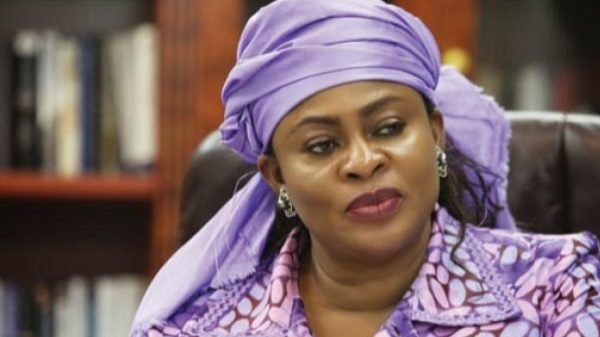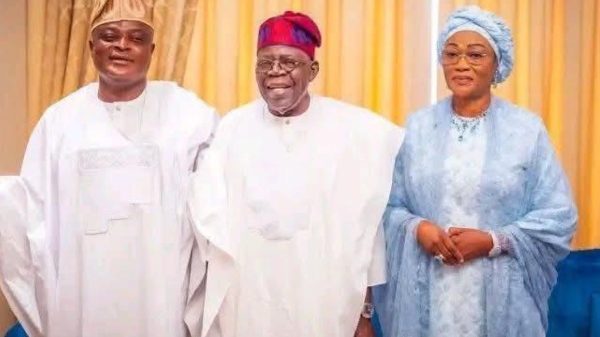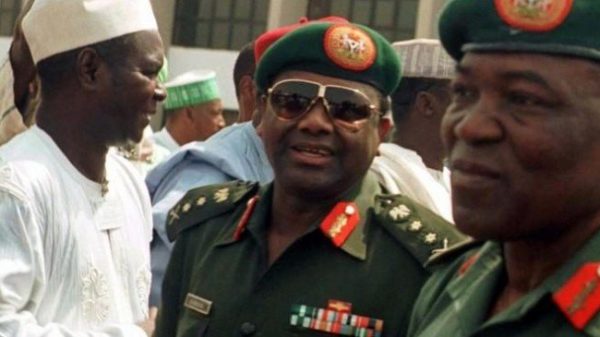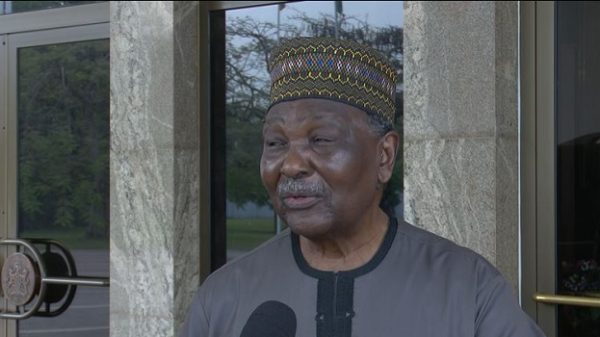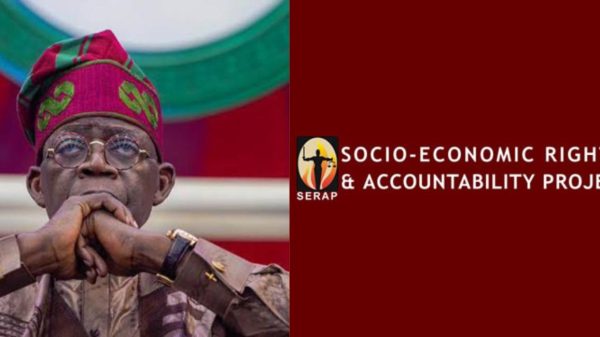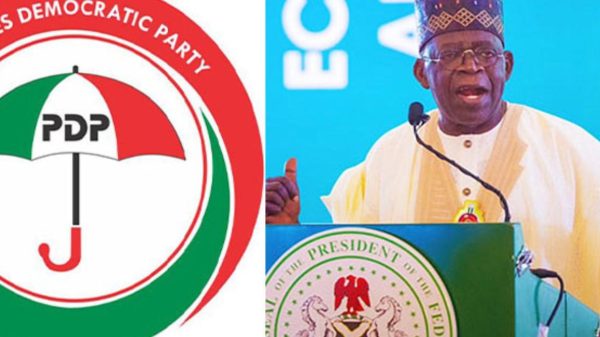In its 2025 annual report, the U.S. Commission on International Religious Freedom (USCIRF) has called on the Trump administration to officially designate Nigeria as a Country of Particular Concern (CPC) due to a sharp decline in religious freedom during 2024.
Nigeria joins Afghanistan, India, and Vietnam on USCIRF’s list of recommended CPC additions, while 12 countries—including China, Iran, North Korea, and Saudi Arabia—were advised for redesignation. The commission also recommended placing 10 nations, including Iraq, Egypt, and Turkey, on the Special Watch List (SWL).
USCIRF further urged the U.S. State Department to reclassify Boko Haram and Islamic State in West Africa Province (ISWAP) as Entities of Particular Concern (EPCs), alongside groups such as al-Shabaab and the Houthis.
Blaphemy Laws and Government Inaction
The report strongly criticized Nigeria’s federal and state governments for tolerating religious-based violence by nonstate actors and enforcing repressive blasphemy laws.
It cited the continued imprisonment of individuals—including Mubarak Bala, Yahaya Sharif-Aminu, and Sheikh Abduljabar Nasiru Kabara—as evidence of legal systems being used to punish perceived religious offenses. Though Bala’s sentence was reduced in 2024, others remain imprisoned or under death sentences.
USCIRF also noted growing persecution of indigenous religious communities. In Anambra, a shrine was destroyed, while Ebonyi’s legislature banned certain native religious practices, showing a rising trend of state interference with traditional spirituality.
Notable Developments
Despite growing concerns, some progress was reported:
– In August 2024, Mubarak Bala was released from prison after four years.
– In December, a Bauchi court acquitted Rhoda Jatau, a Christian nurse who had faced blasphemy charges.
The report describes Nigeria as a deeply religious nation of over 237 million people, split between Muslims (53%), Catholics (10.6%), and other Christians (35.3%), with minorities including Hindus, atheists, and traditional worshippers.
While Nigeria’s constitution guarantees freedom of religion, USCIRF argues these rights are undermined by overlapping legal systems—civil, customary, and Shari’a law—and the failure of authorities to curb religious violence or protect dissenters.
USCIRF’s recommendations to the Trump administration—if adopted—could shape future U.S.-Nigeria diplomatic and human rights policy.



